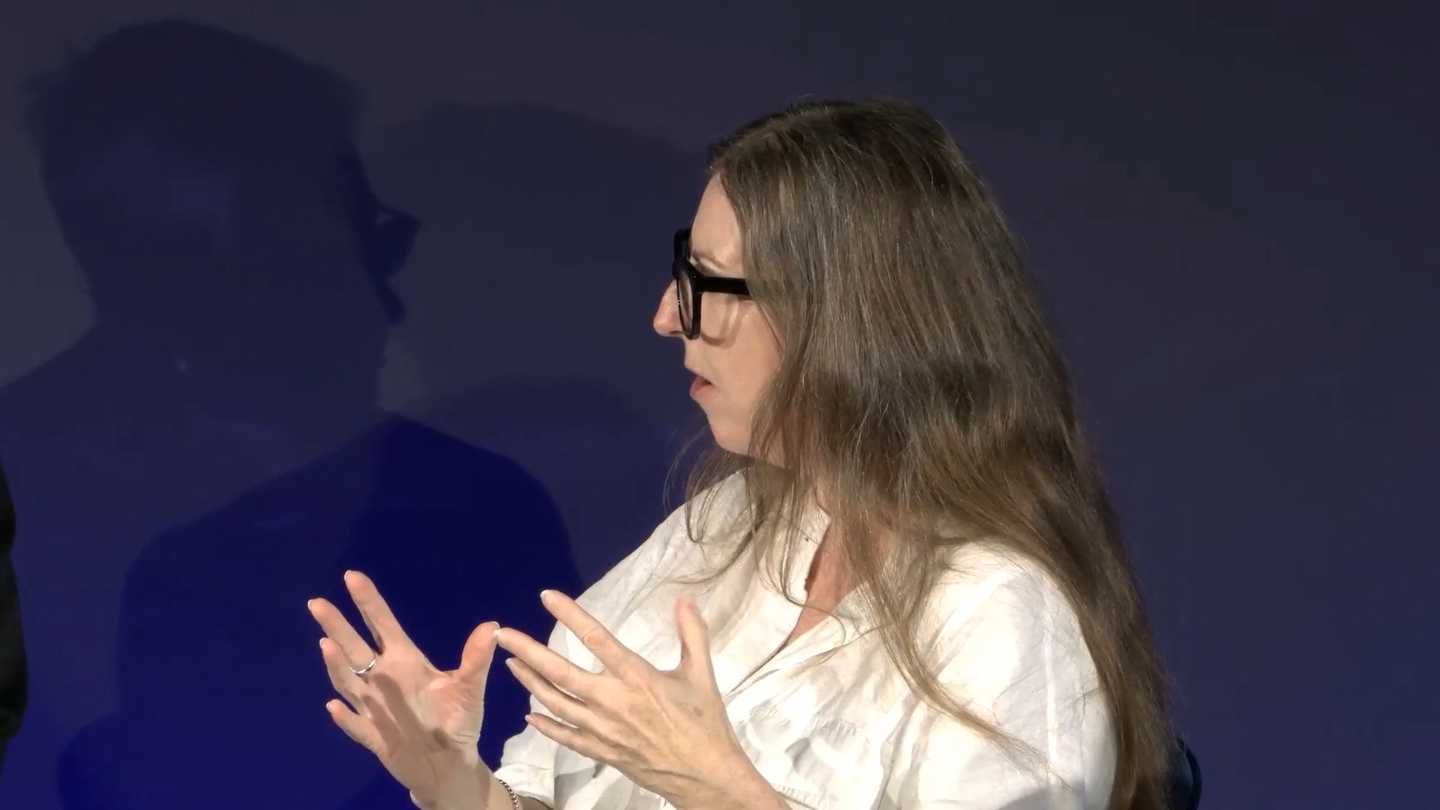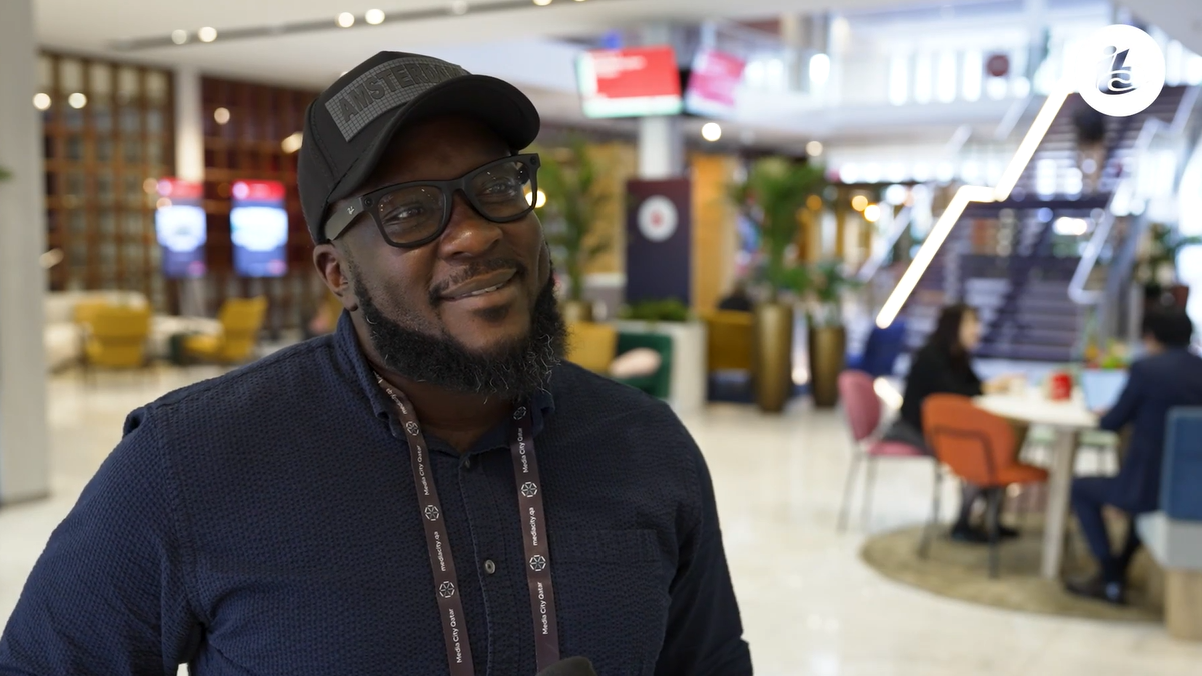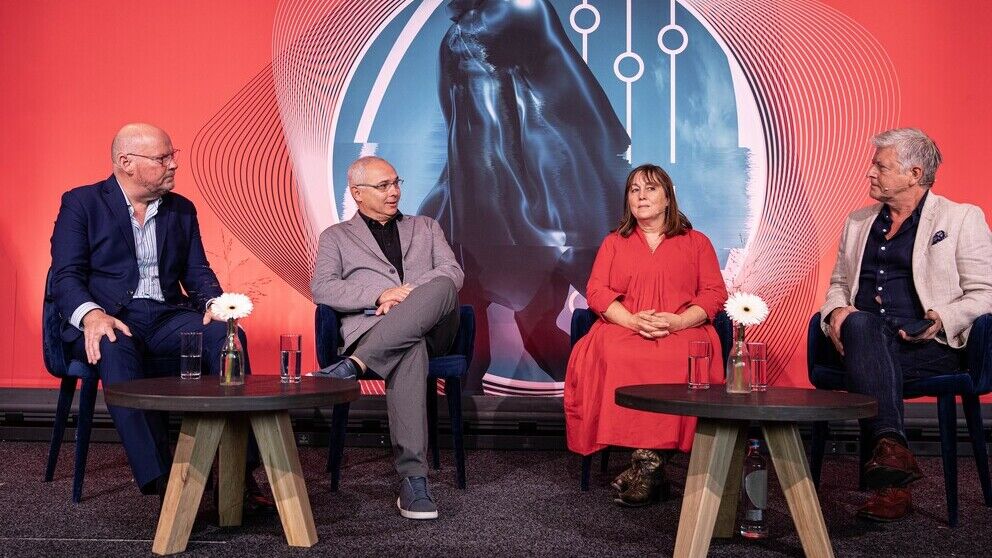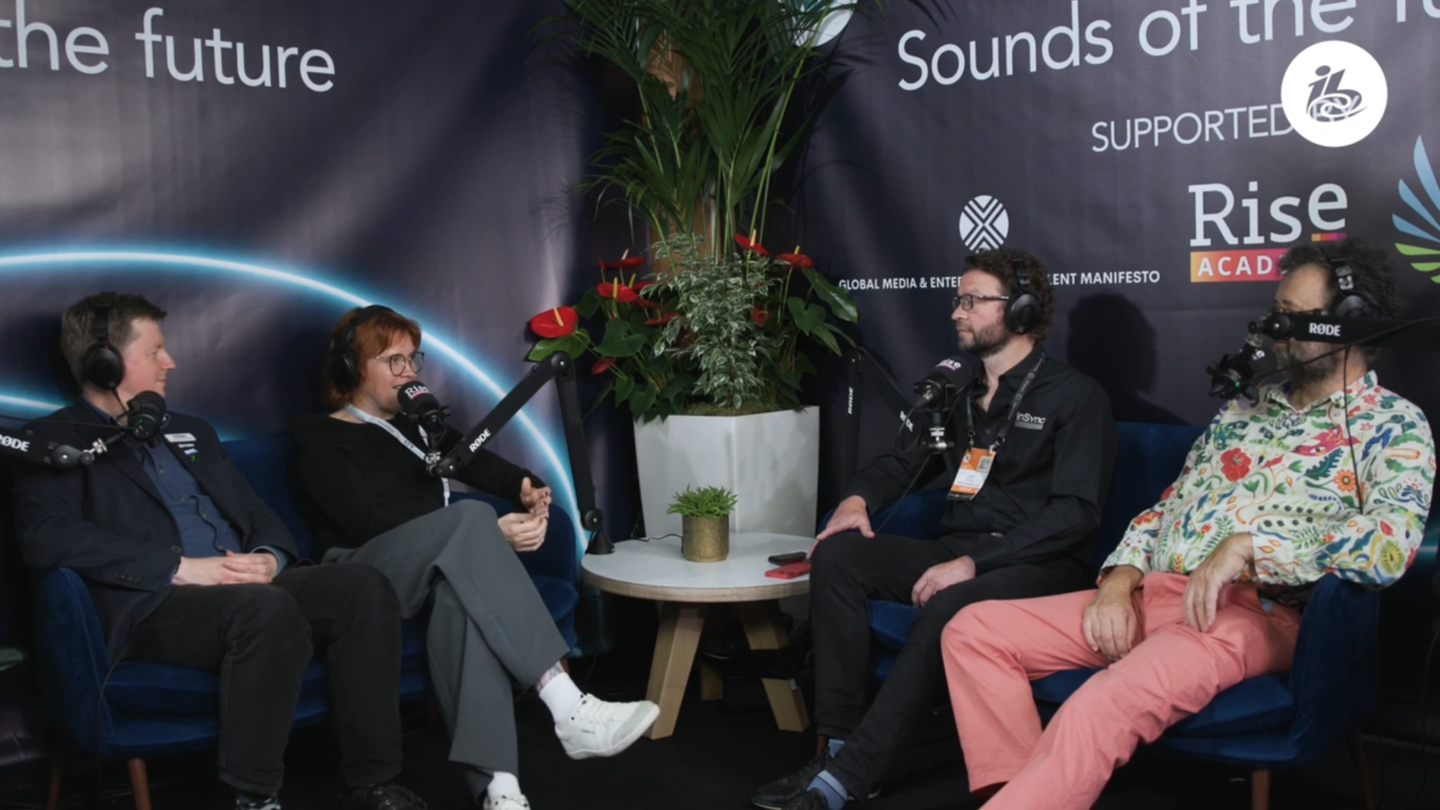A panel comprising an international group of industry experts moderated by Mark Smith, Chair, IBC Council, featured insights on ways broadcasters can fight disinformation.
Ross Dagen of CBS News, Raymondo Barros from GLOBO, and Laura Ellis from the BBC presented the experiences of their organisations in this area. These three organisations were part of a larger group involved in the IBC Accelerator Programme, Design Your Weapons in the Fight Against Disinformation.
The session began with an astonishing statistic: by the end of the year, nearly half the world’s population will have participated in elections. With this unprecedented global political activity comes an increased risk of disinformation, a threat to both democratic processes and public trust. The panellists emphasised how disinformation is evolving with new technologies, especially AI-generated content, which poses significant challenges to detecting and verifying authentic information...
You are not signed in
Only registered users can read the rest of this article.

IBC calls for 2026 Accelerator Media Innovation Challenges
IBC has issued the official call for challenge submissions to the Accelerator Media Innovation Programme 2026, inviting media and entertainment organisations to propose collaborative innovation challenges that will help shape the future of the industry.

IBC2025 AI highlights: Cloud, 5G and the future of media workflows – to recap...
Catch key moments from IBC2025 with an AI-curated video of top connective tech sessions at the show.

IBC2025 AI highlights: Cloud, 5G and the future of media workflows – in short…
Enjoy a short AI-curated clip of our top soundbites from key connective tech sessions across IBC2025.

YouTube collab with Broadcasters: Better Together
“It’s what we post and when we post.” IBC365 caught up with Birch Lettsome, Marketing & Media Manager at 284 Media, to find out what else he would’ve enjoyed hearing about.

IBC2025: AI highlights of our AI highlights! In short…
Enjoy a short AI-curated clip of our top soundbites from key AI sessions across IBC2025.




